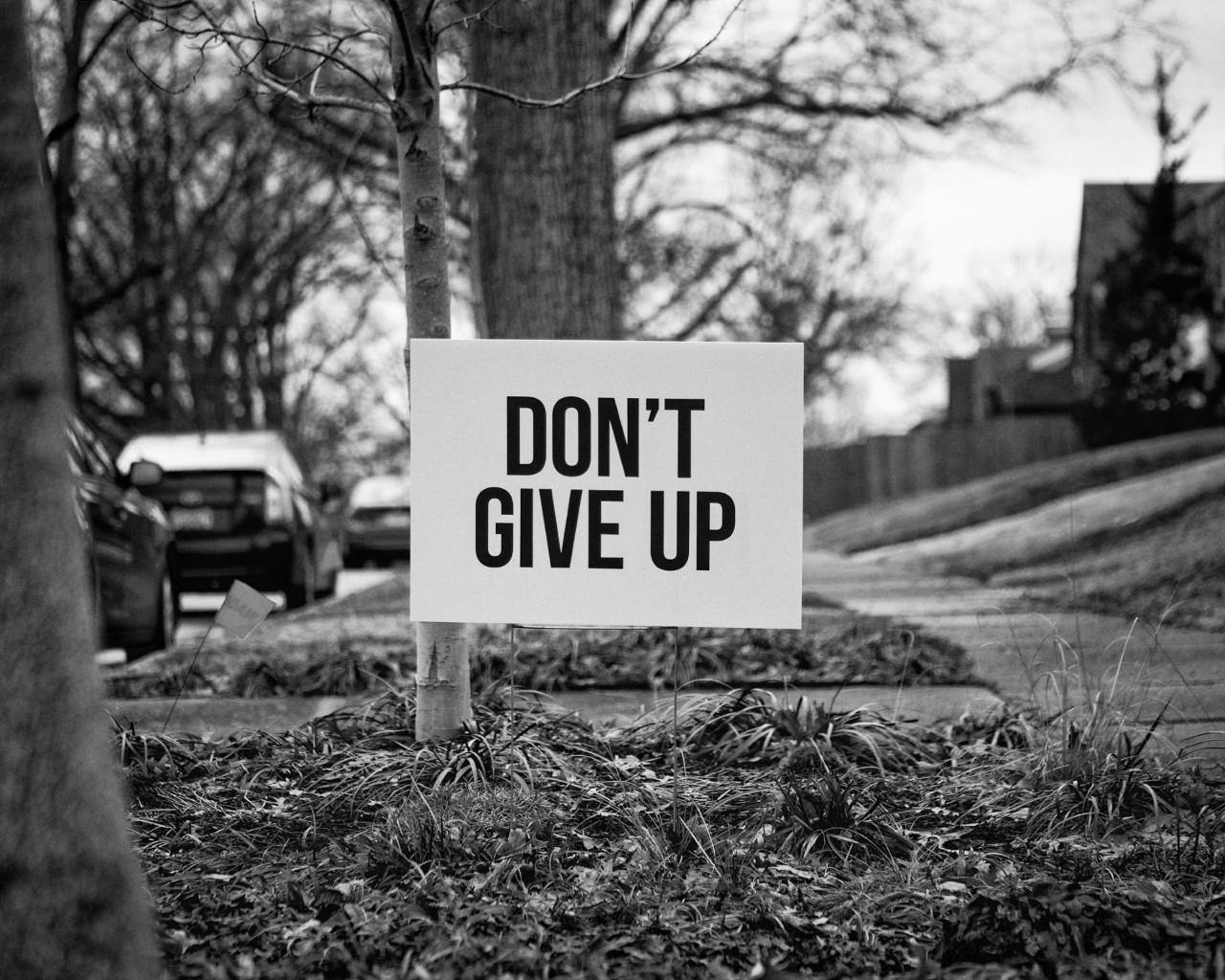Suicide Awareness Month: Intervention is Prevention
Written by Susan Helmick, Graduate Assistant for the Graduate College

Challenging, rewarding, demanding, inspiring - graduate school is a lot of things, and juggling them all can be stressful and emotionally taxing for many students. Recent studies have shown that graduate students are more than six times as likely as the general population to experience depression and anxiety. Balancing well-being with academic pressures isn’t easy, and students struggling with mental health issues may not get the support they need until they reach a crisis point, often after harming themselves, so identification and early intervention for those most at risk is critical. In recognition of National Suicide Prevention Awareness Month this September, we’re raising awareness of this critical issue by highlighting risk factors and warning signs, and how to get help for yourself or someone else who needs it. We can all play a role in preventing suicide.
What are the Risk Factors for Suicide?
According to the Centers for Disease Control and the Mayo Clinic, a multitude of factors – individual and societal - can increase suicide risk. These may include:
History of depression or other mental illness
Chronic disease and pain or terminal illness
Social isolation
Lack of access to healthcare
Discrimination
Stressful life events, such as financial problems or relationship loss
Previous suicide attempt(s)
What are the Warning Signs?
There may be no obvious indication someone is thinking of harming themselves. However, signals something is wrong may involve:
Talking about suicide or a preoccupation with death or dying
Risky, self-destructive behavior
Giving away belongings with no explanation
Increased substance use
Severe mood swings
Withdrawing from friends or family
I’m Worried About Someone I Know. What Should I do?
If you believe someone may be thinking about harming themselves, ask to speak honestly with them in private about your concerns, let them know you care and listen without judgment to what they have to say. Should they share that they’re thinking about suicide, take them seriously and ensure they do not have access to lethal means to follow through. Remind them that no feeling is permanent and get help immediately. Dial or text 988 to immediately connect to the Suicide and Crisis Lifeline or CAPS (UC Counseling & Psychological Services) at 513-556-0648 to get free and confidential crisis support and resources twenty-four hours a day, seven days a week.
I’m Feeling Suicidal. How can I get Help?
If you’re having thoughts of harming yourself, tell someone right away. Reach out to friends or family and connect with community resources like the Suicide and Crisis Lifeline or UC Counseling & Psychological Services. You can also find mental health support through University Health Services by dialing 513-556-2564 to reach the physician on call, or via the UC Student Wellness Center. Telephone counseling, crisis intervention, suicide prevention, and information and referral services are also available via The National Grad Crisis Line at 1.877.GRAD.HLP.